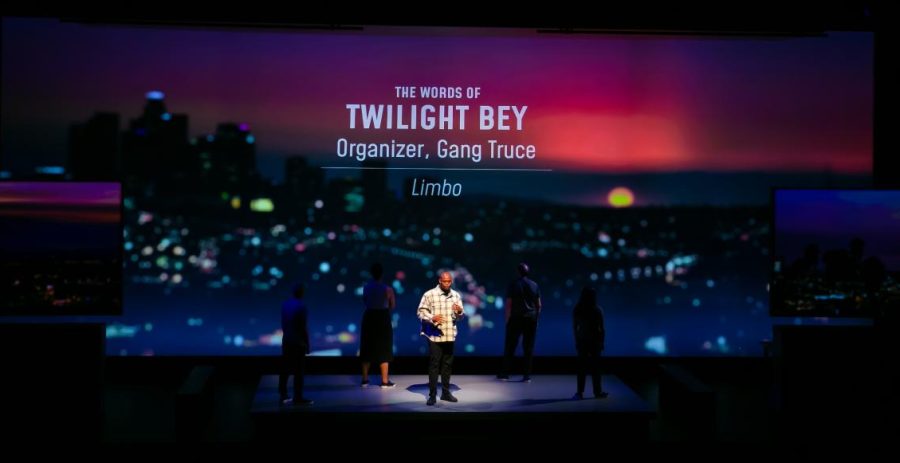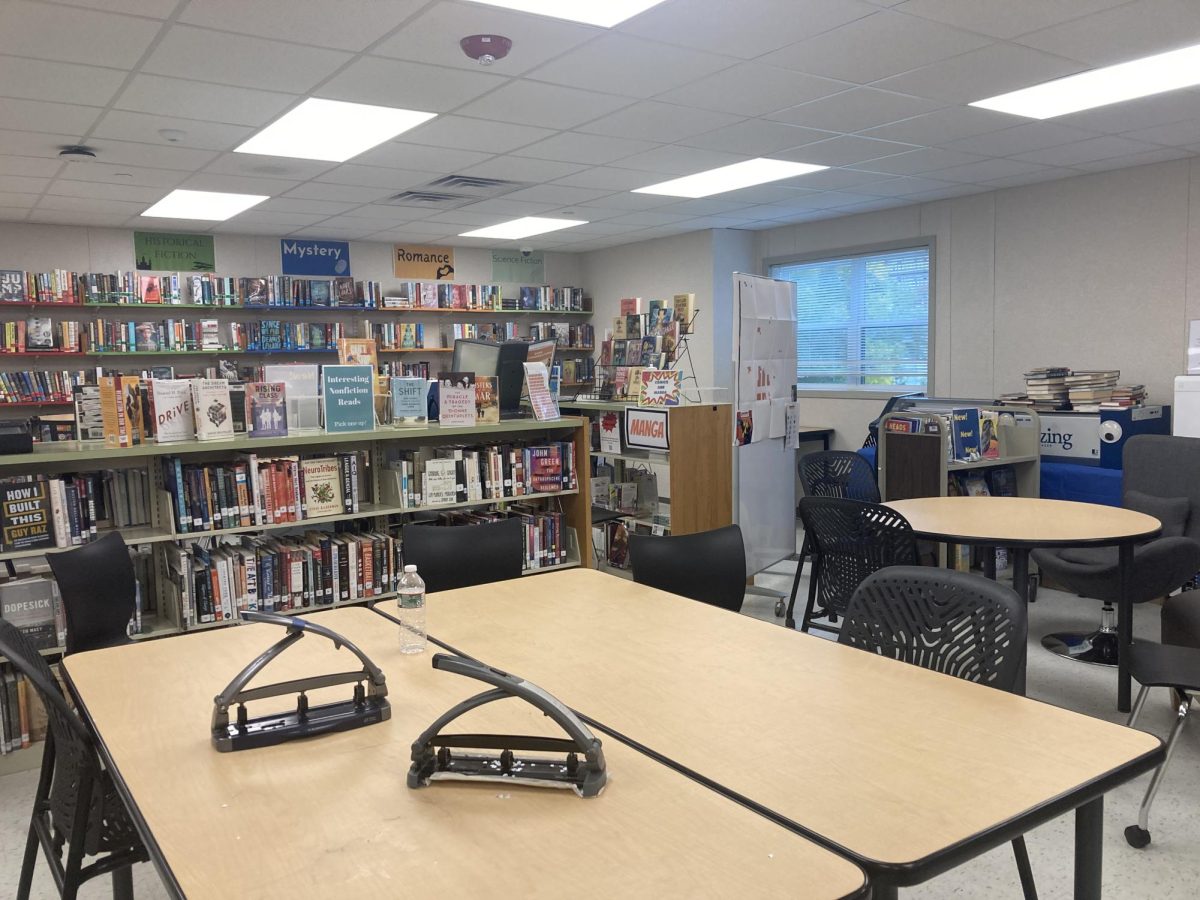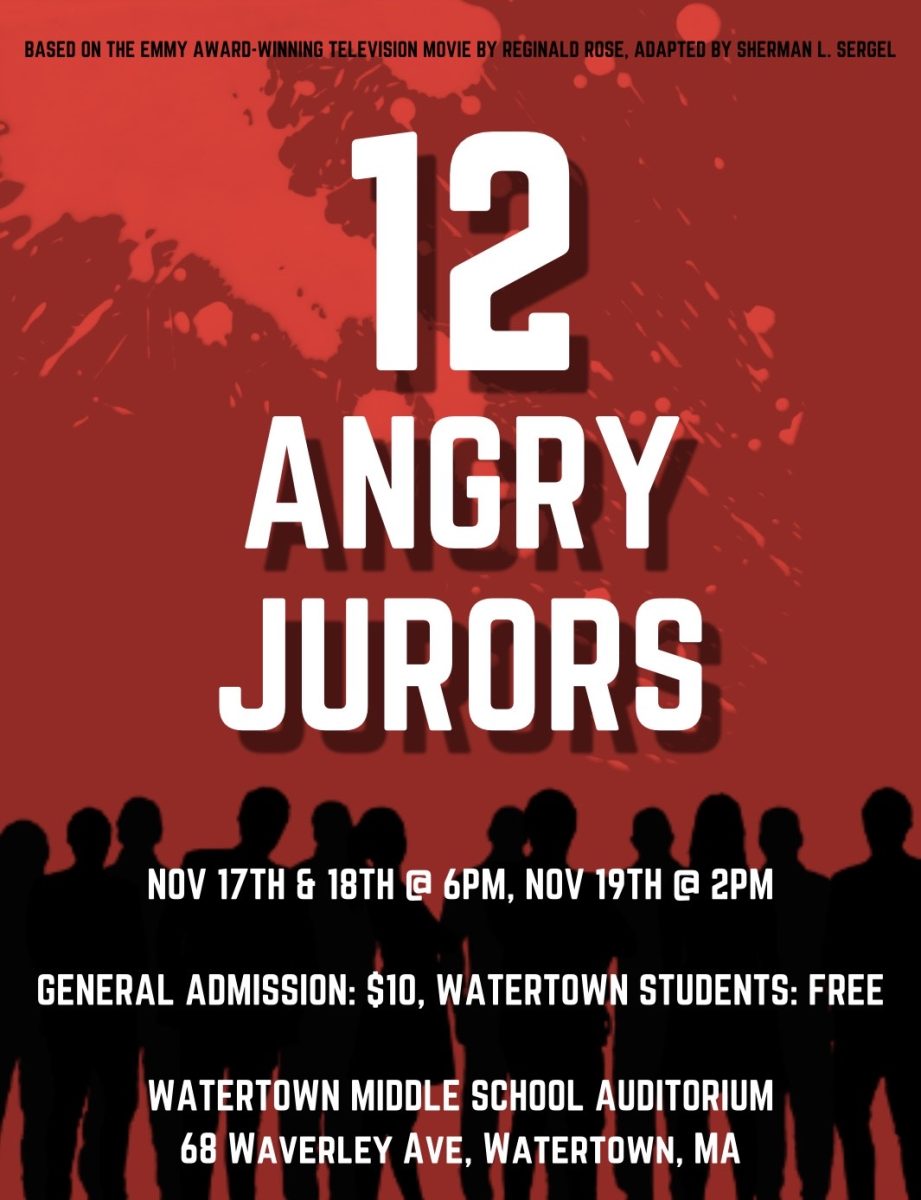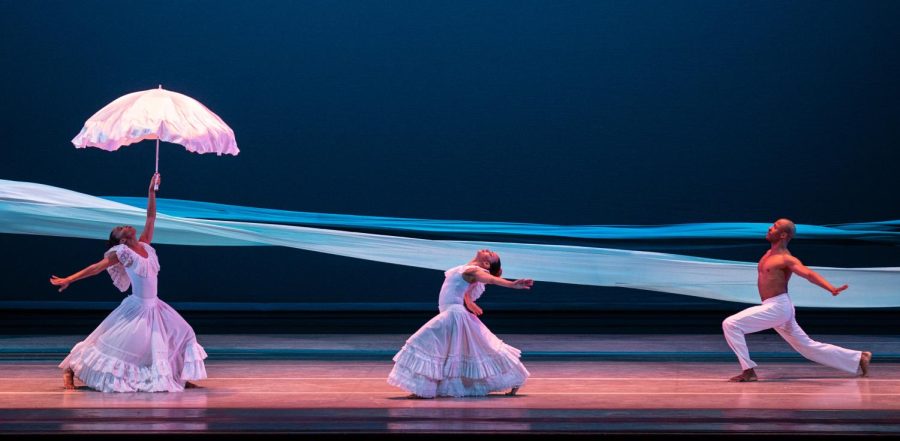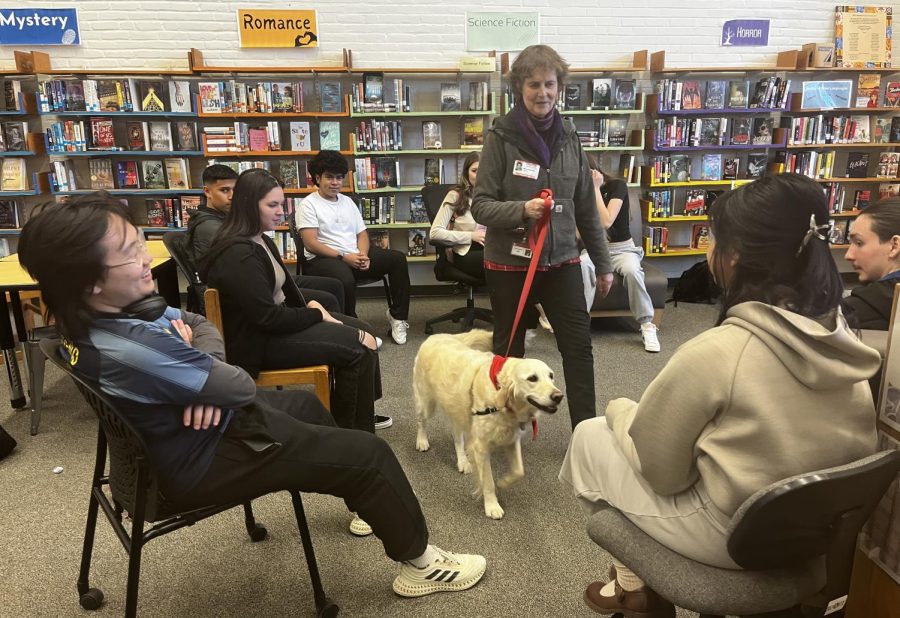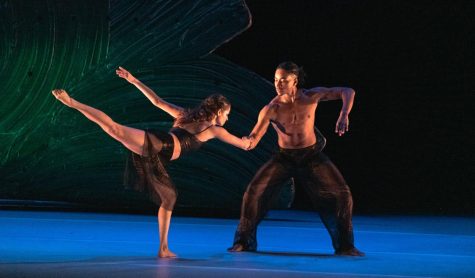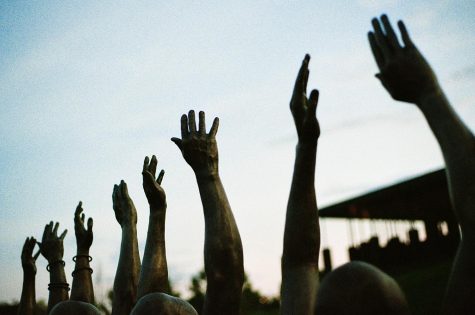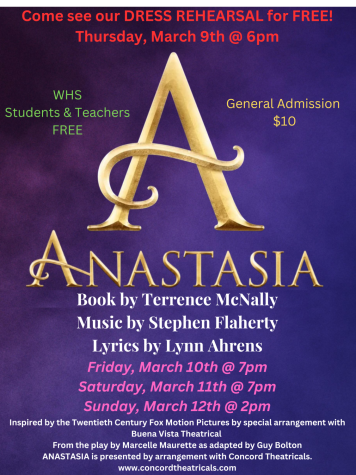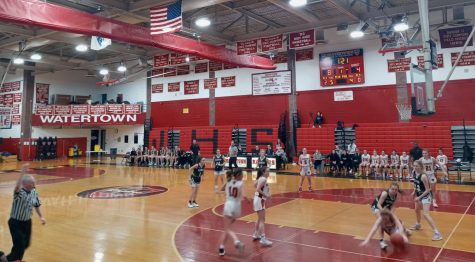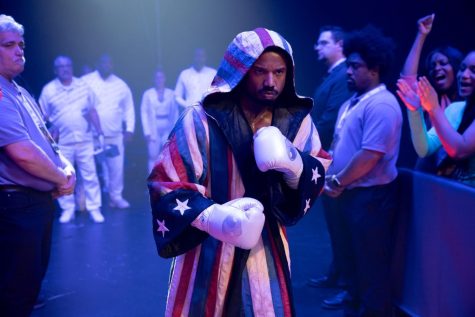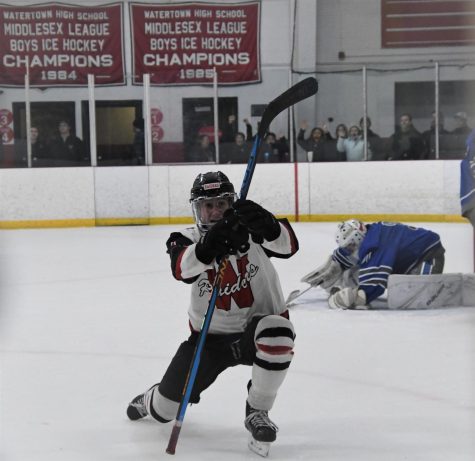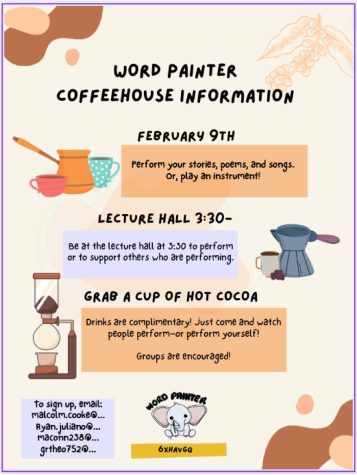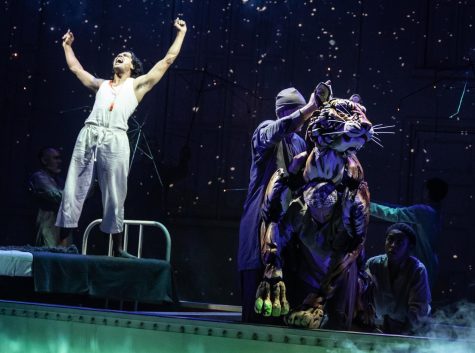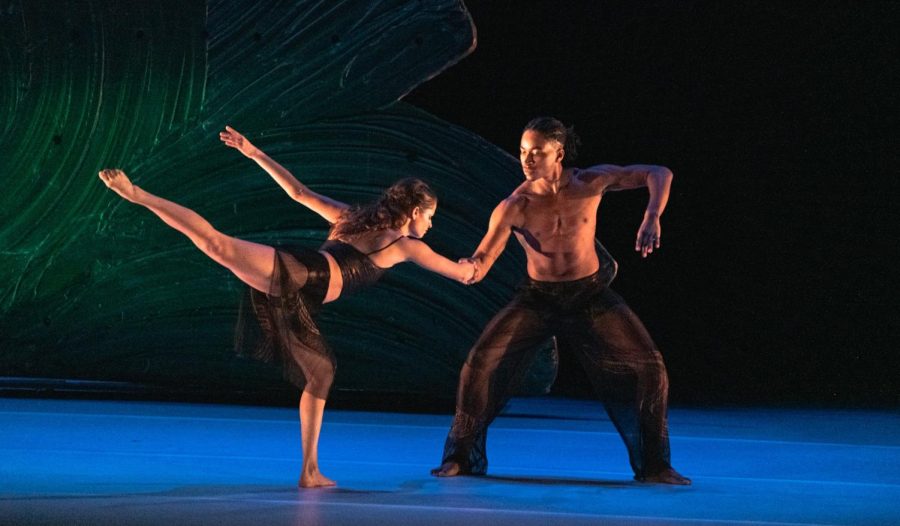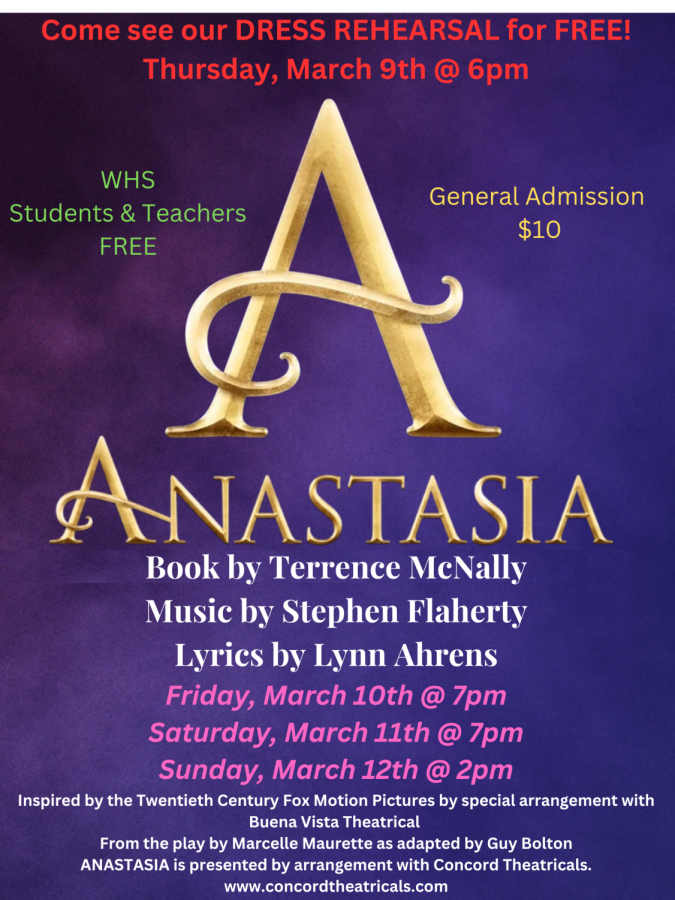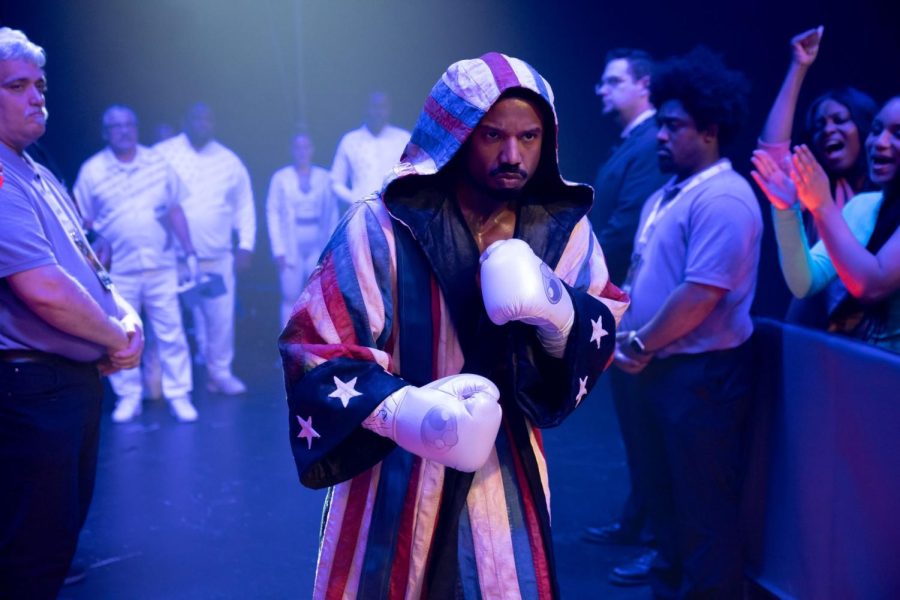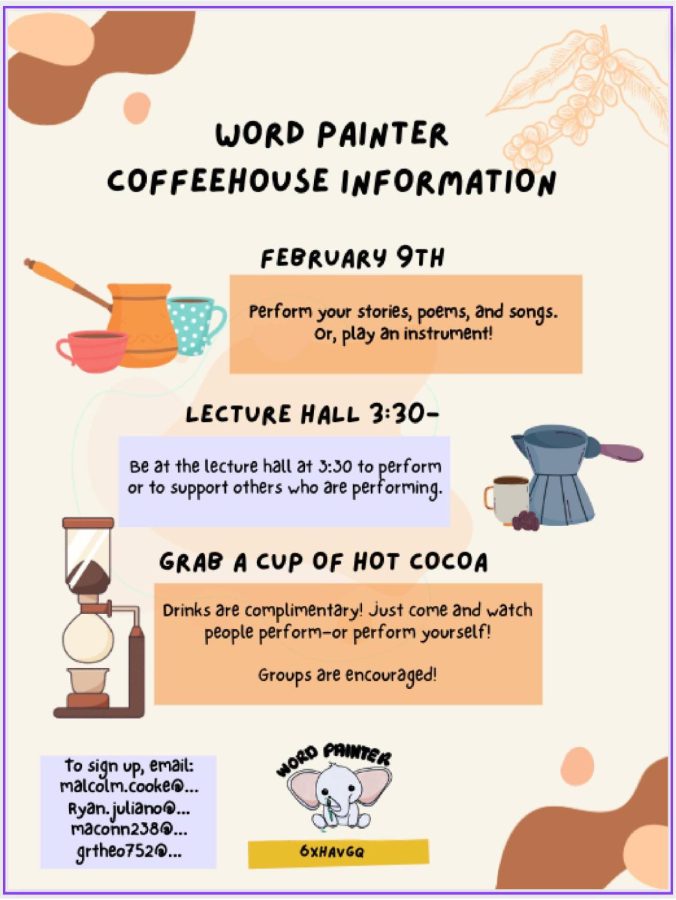“Twilight: 1992, Los Angeles” sees Rodney King aftermath in powerful and still-relevant way at A.R.T.
Raider Times photo / Courtesy Lauren Miller
Wesley T. Jones as Twilight Bey in “Twilight: Los Angeles, 1992,” at American Repertory Theater through Sept. 24, 2022. Photo: Lauren Miller
September 15, 2022
In 2020, the murder of George Floyd by a Minneapolis police officer was caught on camera and reverberated across the globe, prompting protests, riots, and a national conversation on racial injustice and police brutality. But as actress, writer, and teacher Anna Deavere Smith says, “We are only interested in race in ‘spells.’ ” Her production “Twilight: 1992, Los Angeles” takes audiences back to the first major case of an act of police brutality caught on tape: the beating of Rodney King in Los Angeles.
“The wake of the Los Angeles riots was such a spell.”
From now through Sept. 24, 2022, the American Repertory Theater in Cambridge is presenting “Twilight: 1992, Los Angeles,” an updated version of Smith’s one-person show, now expanded to a cast of five. The show tells the story of the city’s 1992 race riots by recreating interviews from a diverse array of first-hand participants and sheds light on pains unresolved three decades later in American race relations.

On March 3, 1991, an intoxicated Black man in Los Angeles, Rodney King, was stopped by police officers for speeding and severely beaten with batons and tasers. Neighbor George Holliday reached for his new camera, a bulky Sony camcorder, and videotaped the assault. The recording was broadcast on television worldwide.
“Shaky, blurred, and grainy it was, but the late Holliday’s footage should have gotten a Pulitzer Prize,” Smith has said. This is in contrast to Darnella Frazier’s cell phone footage of Floyd’s murder, which won a Pulitzer Prize. “It revealed, worldwide, that which Americans who lived in police-controlled war zones experienced every day.”
Despite the video evidence in 1992, a jury of 12 — none of them Black — acquitted or deadlocked on all charges, sending the officers free. The verdict sparked a riot in South Central Los Angeles that quickly erupted into three days of violence across the city, resulting in more 60 deaths, 2,300 injuries, thousands of arrests, 1,100 damaged buildings, and an estimated $1 billion in property damage.
That fall, Smith ventured to California and conducted 320 interviews about the riots in eight months and created “Twilight: 1992, Los Angeles,” which opened on Broadway in 1994.
The ensemble production was adapted by the Signature Theatre in New York in 2021 and recognized by the New York Times as one of the best plays in the last 25 years for being “as necessary now as when Los Angeles was actively smoldering.”
The A.R.T. ‘s 2 1/2-hour production, directed by Taibi Magar, features actors who take turns performing monologues of some of the real people interviewed by Smith
Many of the monologues reflect on the riot itself, such as that of former marine Keith Watson, who talks about the violence on the streets; real estate agent Elaine Young, whose account from a disconnected Beverly Hills perspective has audiences laughing; and L.A. police chief Daryl Gates, who was off at a fundraiser as the rioting unfolded. Rachelle Stewart also plays Congresswoman Maxine Waters, who says, “riot is the voice of the unheard.”
The set includes large video screens that show footage, including that of the Rodney King beating and scenes from the riots, such as the attack on Reginald Denny, a truck driver whose assault was also caught on video. His story sent shockwaves across the country to the discontent of Paul Parker (portrayed by Wesley T. Jones), chairperson of the Free the LA Four Defense Committee, who was annoyed that the deaths of Black people weren’t receiving as much publicity.
Parker also plays a crucial role in “A Dinner Party That Never Happened,” a sub-act of the show in which Smith combines monologues to form an imaginary conversation over a fancy dinner. Parker and former Black Panther Party chairwoman Elaine Brown argue over the use of guns in protest: Parker convinced that violence is the only way to force change and Brown responds that firearms contradict Martin Luther King Jr.’s beliefs.
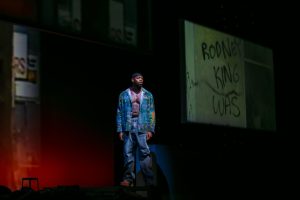
In a humorous contrast, Jones, a Black man, plays the role of Charlton Heston, a White actor, arch-conservative, and former president of the National Rifle Association. He recalls how his “liberal” friends asked him for guns to defend themselves on the day of the riot.
Smith created the original show to display “all different kinds of relationships that are happening between us in this country.” The five actors of the revised version are of different races, representing the “threads and weaves in the ragged tapestry of American identities.” The show demonstrates the complex dynamics among racial groups and their positions in American society.
A recurring relationship in the show is the tension between the Black and Korean-American communities leading up to the riots. Just two weeks after Rodney King’s videotaped beating, a Black teenager, Latasha Harlins, was shot by a Korean-American shopkeeper, Soon Ja Du, for attempted shoplifting — a shooting that was caught on the store’s security camera. The event added to the tension, and many of the riots were in Korean-American neighborhoods and targeted Korean-owned businesses.
Part of the power of the 30-year-old “Twilight: 1992, Los Angeles,” is that the events it depicts still resonate strongly with the open wounds of today’s United States. “Much has happened in America since 1992. And much has not,” Smith says. “I think we have a chance given the larger conversation in the world and the political conversation in the world right now to put the play against a modern background and see if there are new things to learn.”
As journalist He’ctor Tobar said in a 2021 interview, “It took a pandemic and George Floyd’s death to awaken that consciousness.”
Special opportunities for students
Throughout the run of the show, the A.R.T. is offering 1,500 tickets for $5 each and 1,000 free tickets to public high school students through The Crimson Lion/Lavine Family Foundation to make the show more accessible for people to “experience a production that resonates strongly in the current environment,” in the words of the Foundation. High school students are invited to The Appetizer on Friday, Sept. 23, 2022, to converse with students of the A.R.T.’s Youth Action Team about the issue of racial injustice. More information is available HERE.
–Sept. 14, 2022–

